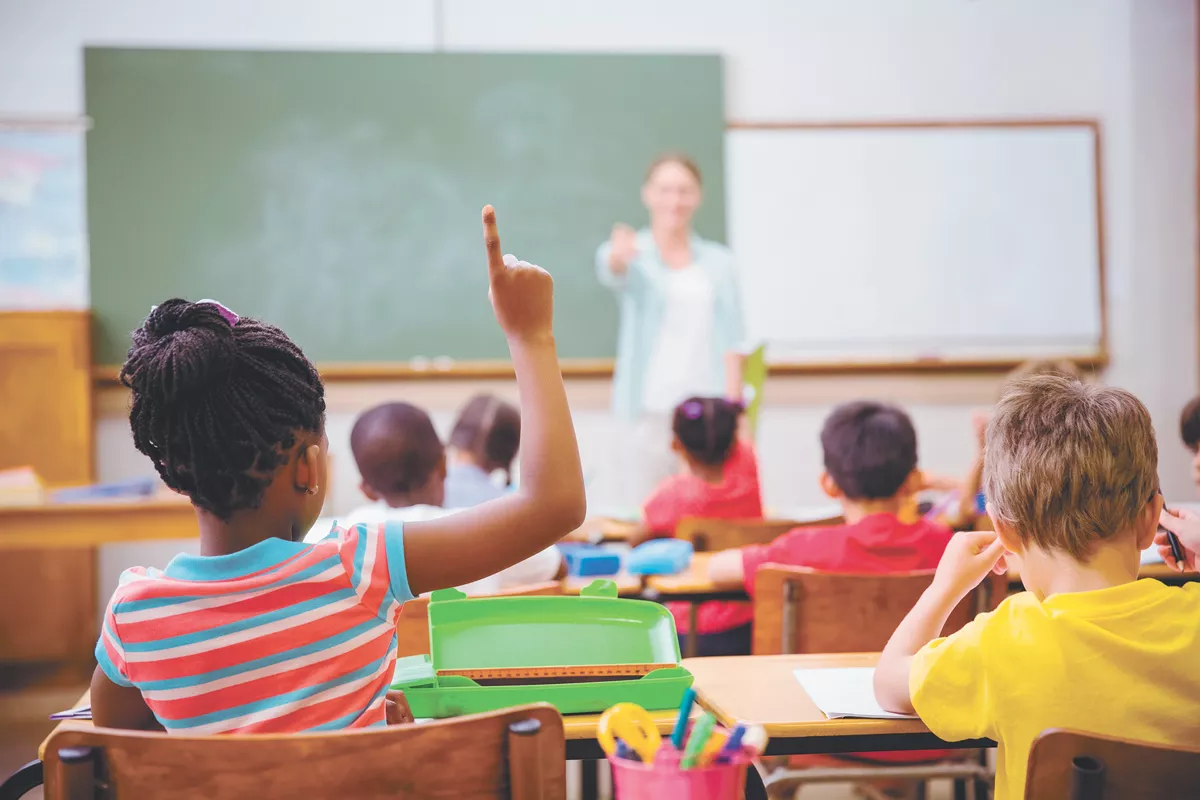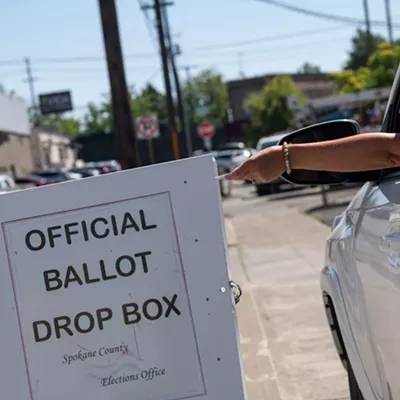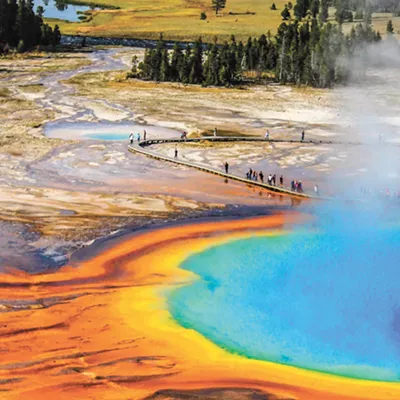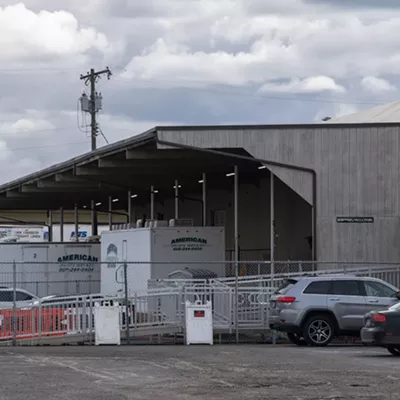
Spokane parents and advocates have fought hard to secure an equitable, antiracist education for the children in Spokane Public Schools. But there are people who want to roll back that progress, and they're starting at the ballot box.
In a few short weeks Spokane voters will turn in ballots for the 2021 primary election, which will elect the top two competitors for two positions on the Spokane Public School Board of Directors. School board races aren't given as much attention as other races, despite the great influence they wield over a community's culture. The knowledge and values instilled through formal education affects children for the rest of their lives. Guide a community's children and you guide that community's future.
VOTE
Washington Ballots Mailed:
July 14-16
Primary Election Day:
Aug. 3, 2021
Because I'm a new parent, school board races have taken on new significance for me. My own primary and secondary educations were Euro-centric and whitewashed. Rather than the complex tapestry of multiracial and multiethnic struggle and coexistence, I was fed a singular narrative from the perspective of a White American male. I read the White man's literature (Dickens and Twain), I learned his philosophy (Plato, Aristotle, Socrates), studied his science (Franklin, Einstein and Oppenheimer), and memorized his accomplishments. This trend was occasionally broken up by references to people of color and women — such as Harriet Tubman and Marie Curie — but these interludes were not part of the central narrative that America was built and sustained by Whiteness and maleness.
In college, a (White male) friend illustrated the result of this focus. When I lamented that history books downplayed or ignored the contributions and perspectives of women and people of color, he responded: "Perhaps the reason there isn't much written about women, or Black people, is that they didn't do anything."
It was not malice that birthed this statement; it was his education. Our education.
My biased, whitewashed education wasn't only a loss to me, but to my fellow classmates, who were cheated out of the knowledge of our country's diverse, complicated and often checkered multiracial and multiethnic history. Context that could have helped us better understand current events such as the racial reckoning, the landback movement, Black Lives Matter, immigration and voting rights were withheld from us. We were ill equipped to participate in American civic life, and we all deserved better. My child deserves better.
There is another battle being fought in school districts around the country, including Spokane Public Schools. Queer students and their parents continue advocating for safety and recognition in education.
Washington state law guarantees the right of all children to an education free of harassment based on gender identity, gender expression, or perceived gender or sexuality. Students have the right to express their gender at school, within the constraints of the school's dress code, without discrimination or harassment. They have the right to use preferred name and pronouns, and have them respected by school staff. They have the right to use the bathrooms and locker rooms that fit their gender identity, and to request additional privacy or alternative accommodations for any reason.
These policies are in accordance with the most highly recognized American medical and psychological associations, which agree that educational environments that support queer children lead to better health outcomes, higher grades, less depression and fewer suicides. Despite this, lawmakers across the country are passing laws to legislate, stigmatize and even criminalize the bodies of children. In states like Washington, where support for queer youth is enshrined in law, the battleground (and often the source of abuse) is at the school district level.
I don't want my child to have an educational experience that devalues her by excluding or sequestering the perspectives of people like her.
Racial justice and queer rights are often branded as separate issues, but Black and queer liberation are inextricably linked. The Stonewall Uprising started when Marsha P. Johnson — a Black trans woman — threw the first brick, and Stormé DeLaverie, a Black, biracial butch lesbian — threw the first punch. The logistics of the March on Washington for Jobs and Freedom — best known for Martin Luther King Jr.'s "I Have a Dream" speech — were planned by the openly gay Bayard Rustin. James Baldwin was gay. Audre Lorde was lesbian. And these are just topline facts: Black and queer 101.
My first Pride month as a parent has me reflecting on what this season means to my multiracial, queer family. The links between Black and queer liberation not only empower me, but the Black child I gave birth to, my partners, and the queer family we've built together.
I don't want my child to have an educational experience that devalues her by excluding or sequestering the perspectives of people like her. I want my child to learn that people like her and me, her Renny, have helped shape America and the world. I want every child in my community to experience the benefit of an honest, affirmative education.
There are people in our community who — through red herrings and the misuse of academic jargon — hope to scare Spokane's residents into reversing the progress we have made. They want people to believe that equity, antiracism and honest education are a cover for hatred and division, and whip our community into a fight with shadows.
We cannot let these people distract us. While they fuss over misdefined theories, we must continue to build and defend honest education with our voices, and with our votes. We must maintain our focus on our goal: an equitable, accurate, antiracist education for every child.
Happy Pride. ♦
Jac Archer (they/them/theirs) is a local activist, community organizer and educator in the fields of diversity, equity, civic engagement and sexuality. Jac has a passion for institutional policy and making difficult concepts easily accessible.



















